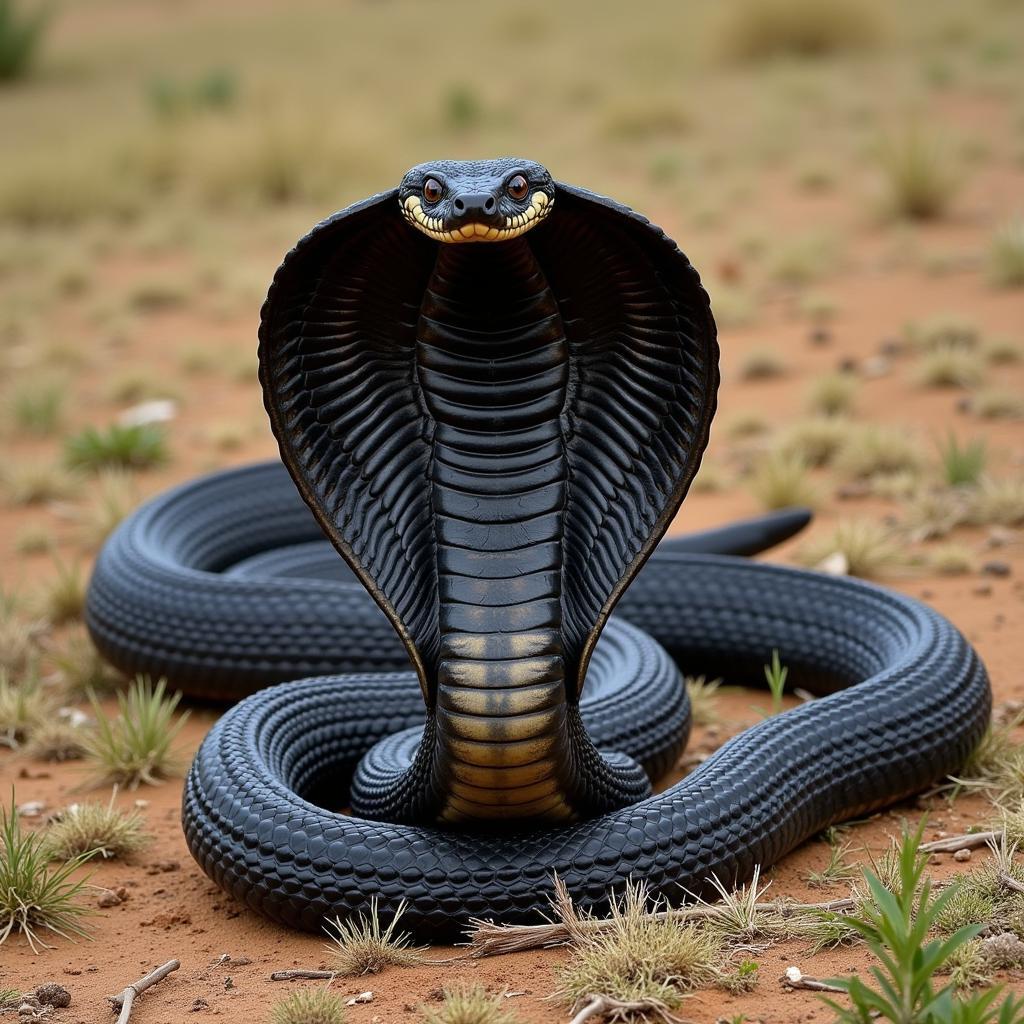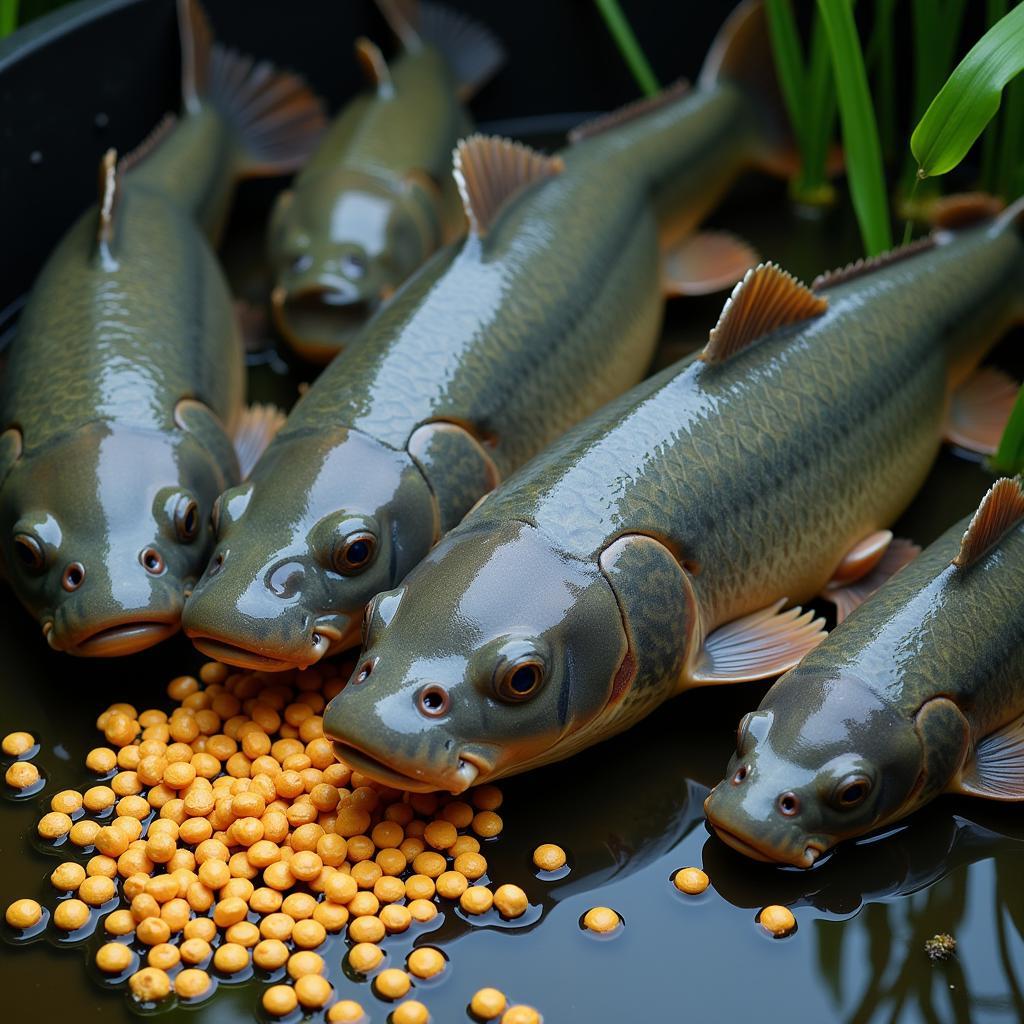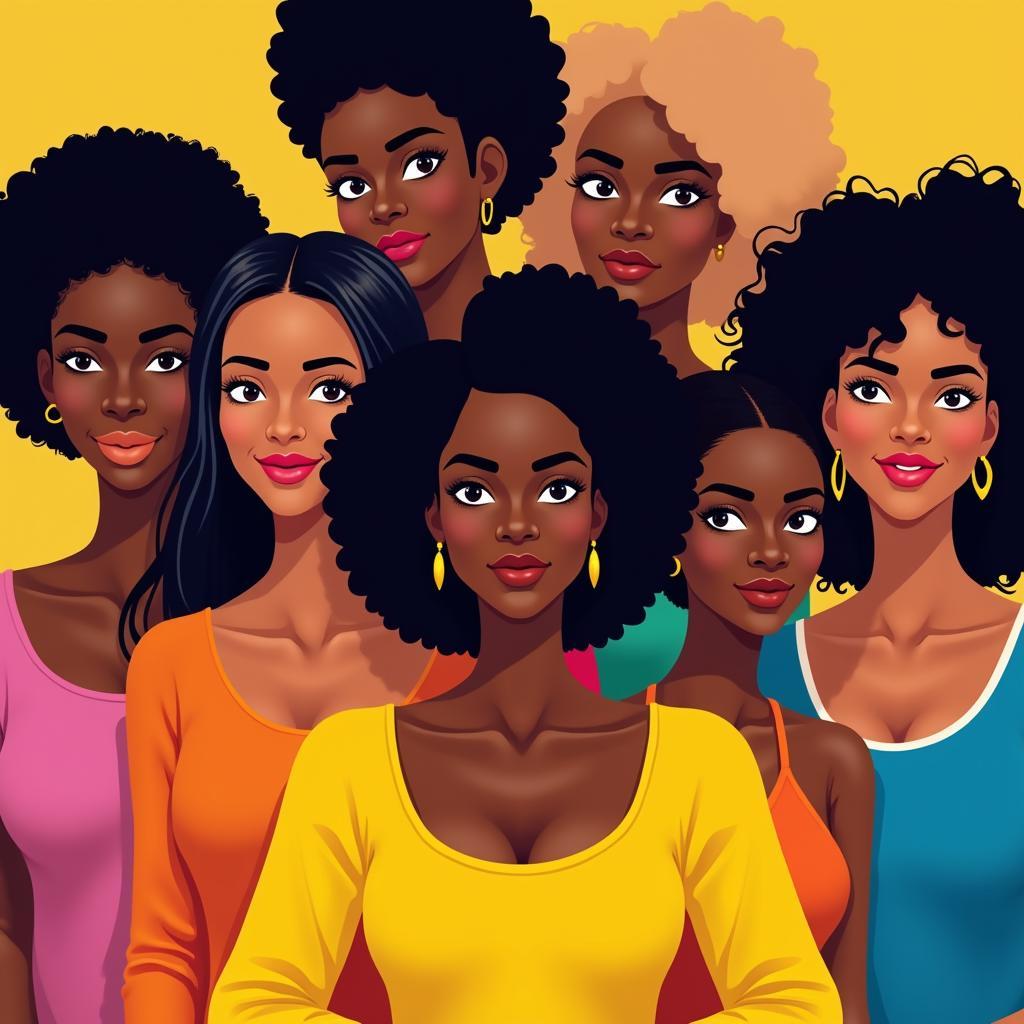Unveiling the Mystery: The African Black Cobra
The African Black Cobra, a creature shrouded in both fear and fascination, is a highly venomous snake endemic to sub-Saharan Africa. Its striking black scales and imposing size make it a truly remarkable reptile, and its potent venom demands both respect and caution.
 African black cobra in a defensive posture
African black cobra in a defensive posture
Appearance and Habitat: The Black Mamba’s Domain
Contrary to its name, the African black cobra isn’t always entirely black. Its scales can range from dark brown to olive green, with some individuals displaying faint crossbands. The defining characteristic, however, is the inside of their mouth – a deep, inky black that gives them their common name. This dark coloration serves as a warning to potential predators, a clear signal of the danger these snakes possess.
African black cobras thrive in a variety of habitats within sub-Saharan Africa, including savannas, grasslands, and rocky hillsides. They are adaptable creatures, capable of finding shelter in termite mounds, abandoned burrows, and rock crevices.
Venom and Bite: A Potent Cocktail
The venom of the African black cobra is primarily neurotoxic, meaning it attacks the nervous system. A bite can result in paralysis, respiratory failure, and even death if left untreated. The snake injects venom through its fixed front fangs, delivering a potentially lethal dose to its prey, which typically consists of rodents, birds, and other snakes.
Behavior and Temperament: Masters of Defense
African black cobras are shy and elusive creatures, preferring to avoid confrontations whenever possible. They rely on their camouflage and agility to evade threats. However, when cornered or threatened, they will raise their forebody off the ground, spread their impressive hood, and hiss loudly as a warning. If the threat persists, they will strike with lightning speed and precision.
Conservation Status and Human Interaction: Respecting the Serpent
While the African black cobra faces threats from habitat loss and persecution, its conservation status is currently listed as “Least Concern” by the International Union for Conservation of Nature (IUCN). However, it’s crucial to remember that these snakes play a vital role in their ecosystems. Encounters with humans are relatively rare, and respecting their space is paramount.
Conclusion: A Symbol of Power and Respect
The African black cobra, with its striking appearance, potent venom, and defensive prowess, commands respect and admiration. It serves as a powerful reminder of the beauty and danger that coexist in the natural world. Understanding their behavior and ecological importance is key to coexisting with these fascinating creatures.

